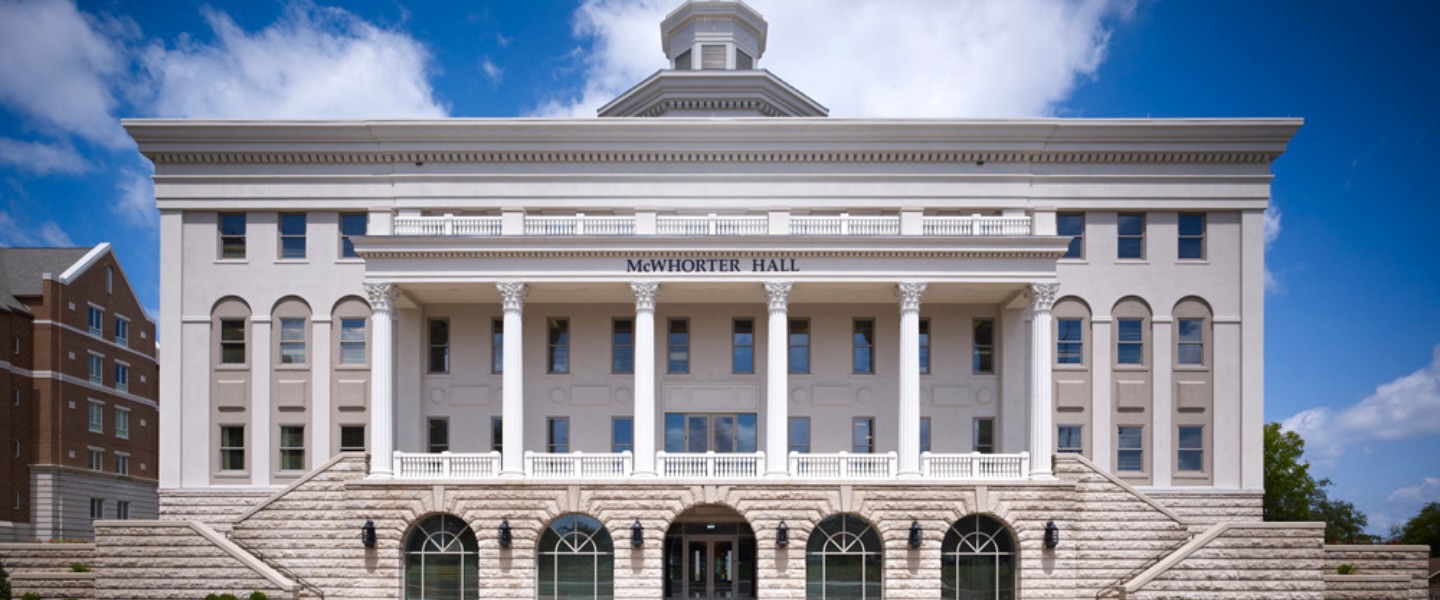Belmont Professor Dr. Layla Bonner is integrating scientific psychology with Christ-centered care.
In an era when mental health needs have become increasingly complex, the importance of compassionate, culturally competent counseling cannot be overstated. This conviction underpins Belmont’s mental health counseling program — a distinctive program that combines contemporary scientific psychotherapy with an emphasis on Christ-centered care.
Embodying this vision is Dr. Layla J. Bonner, an associate professor and licensed marriage and family therapist whose own journey reflects the power of empathy and spiritual calling in mental health counseling.
A Career Shaped by Curiosity and Faith
For Bonner, the path to mental health counseling was shaped by an innate curiosity about people and a profound sense of spiritual purpose. Born in Nashville and spending formative years in East Tennessee, she earned her undergraduate degree from the University of Tennessee at Chattanooga before pursuing graduate studies at the University of Georgia and Trevecca Nazarene University.
"I have always been curious about people – what motivates them, what brings them joy or pain," Bonner reflected. "But it was by adulthood that I realized the Lord had bestowed certain gifts upon me, allowing me to bring comfort and healing to others through His power working in me."
Equipping Students for Holistic Care
This realization led her to Belmont in 2017, first as a therapist in counseling services before transitioning to faculty after completing her doctorate in 2018.
At Belmont, Bonner is part of a diverse faculty actively engaged in research, clinical practice and academic writing to provide students with training that meets the highest accreditation standards. The program's curricula uniquely offer spiritual and theological foundations to empower practitioners to ethically treat clients holistically.
Advocating for Underrepresented Communities
Beyond the classroom, Bonner is spearheading initiatives to support underrepresented communities in mental health care. As co-founder and president of the Black Mental Health Counselor Reparations Foundation, she is tackling critical issues like the racial wealth gap and the underrepresentation of African Americans in the counseling field.
"I am most passionate about this project because I have a very personal relationship with the financial and emotional cost of pursuing my calling in counseling," Dr. Bonner explained. The foundation provides vital financial assistance like student debt relief, supervision grants and scholarships to licensed or license-eligible Black counselors or those pursuing graduate degrees in the field.
Bonner and her co-founders recognize that the costs of education and professional advancement can be prohibitive for African Americans due to disparities in generational wealth accumulation and higher proportions of student loan debt for graduate studies. The underrepresentation of Black counselors also means fewer practitioners who can provide culturally nuanced perspectives in practice, teaching and research.
"For a community that already experiences inequalities in access, equity, and utilization of mental health services, increasing the number of African American counseling professionals is essential," Bonner stated. Many African Americans prefer clinicians who share their racial and ethnic identity, underscoring the importance of cultivating a more diverse counseling workforce.
Shaping the Future Through Transformative Care
Through the Reparations Foundation, Bonner hopes to be a small part of the solution in addressing these broader systemic issues and enhancing the availability of culturally competent care.
As an educator, Bonner excels at imparting the resilience and faith that have guided her own journey to her students. "I tell students to faithfully pursue their divine assignments and callings," she said. "During my own doctoral studies, it always helped me to remember that Christ's love never fails."
By equipping students to merge scientific excellence with spiritual wisdom, Bonner is shaping practitioners who can uplift individuals and communities through culturally competent, transformative care.

